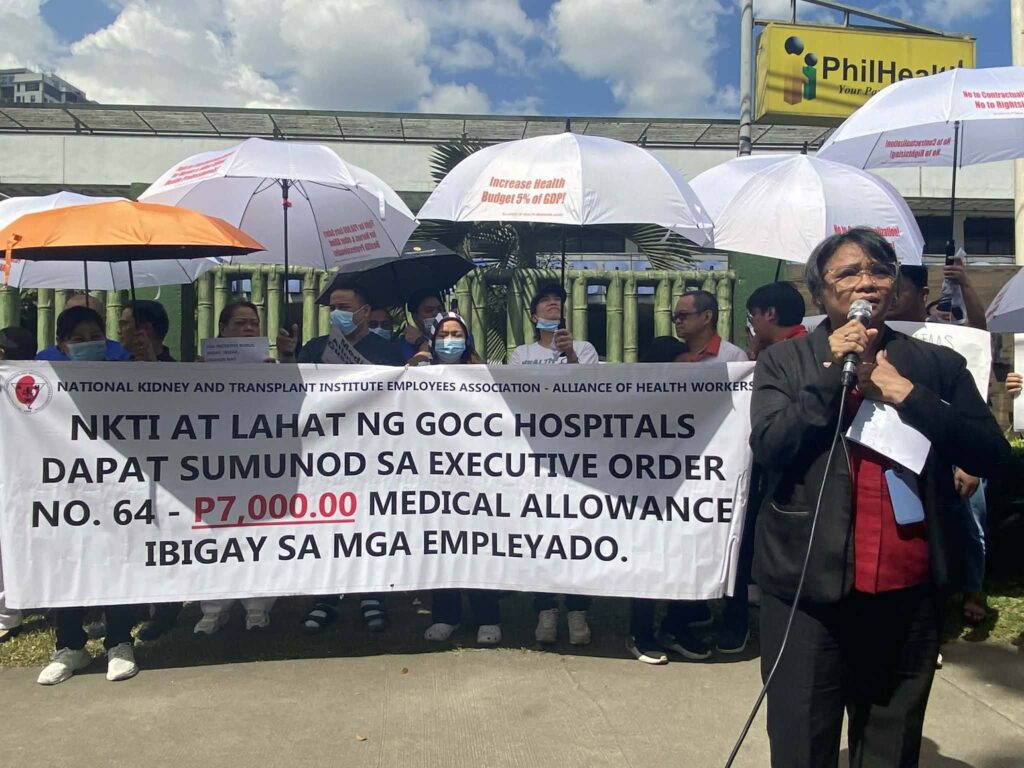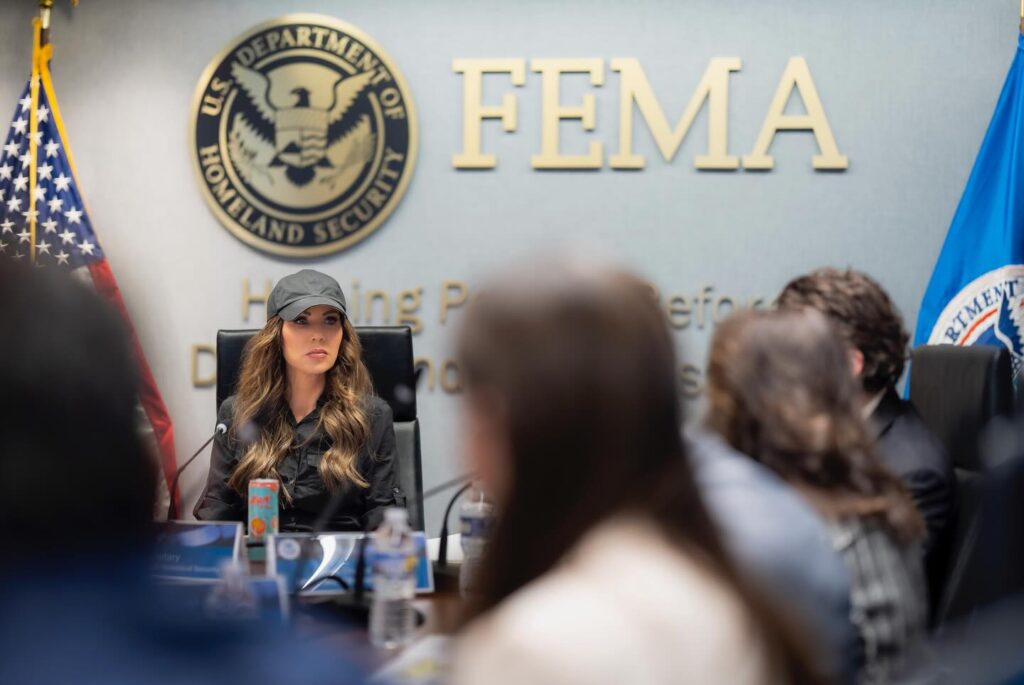Flowers, candles and signs are laid on the ground as Filipinos hold a memorial ceremony to mark one year since the ‘Maguindanao Massacre’ in November 2010. EPA/STRINGER
As we mark the 15th year since the brutal Ampatuan Massacre, widely regarded as the worst case of election-related violence and the worst attack on media workers in Philippine history, we continue our fight for justice.
Justice because convictions in the case came a decade after the massacre — that delay is itself a form of injustice — and these are still on appeal, meaning there is a chance that they may yet be reversed.
Until final conviction, the families of those whose loved ones were taken on November 23, 2009 will be waiting not just for justice but also for long-needed compensation for the loss of their kin.
Justice because many of the accused have yet to be arrested and brought before the court.
Justice because Reynaldo Momay, who was in the convoy and who disappeared that day and whom the media community counts as among the casualties, has yet to be legally recognized as among the victims.
But as we call for justice, we face another fight: One for memory. Of the tragic attack, of the people who lost their lives, and of the dangerous conditions that journalists operate under in the Philippines.
Fifteen years since the massacre, “warlords” still exist in some provinces and have virtually free rein in their areas as long as they ensure supposed peace and order and development for the national government.
Conditions that would allow violence — against our colleagues and against the public — remain.
These conditions also mean that many of our colleagues reporting from the regions do so fully aware of the pressure that local officials can put on them to tone down stories or to leave them unreported.
That pressure includes threats of violence as well as the threat of legal cases like libel as well as of terrorism-related cases as we have seen thrown against media workers, as well as against rights defenders, activists, and missionaries and nuns.
Earlier this month, we marked the International Day to End Impunity for Crimes Against Journalists and this is a call that we should and do make by insisting on justice for fellow media workers who have been attacked, harassed, or killed.
It is one that we make by keeping their stories alive, either by reporting on developments in the investigation and trial or by picking up where they left off.
In the fifteen years since the Ampatuan Massacre, generations of journalists and media workers have come together to call for justice for it.
They have also been working for a safer and more equitable environment for media workers, whether in newsrooms or in the field. That work is unfinished but it continues, and we are confident that that work will continue still as you enter the profession.
As we mark the 15th year since the Ampatuan Massacre, our promise is to never forget, but just as important is our promise to each other and the media community to work to make sure that nothing like that happens again.
It is a promise tested each time a media worker is threatened, harassed or killed, but one that we continue to keep and one that we hope you will as well.
Altermidya
Center for Community Journalism and Development
College Editors Guild of the Philippines
Foreign Correspondents Association of the Philippines
National Union of Journalists of the Philippines
Philippine Center for Investigative Journalism
Philippine Press Institute
Pinoy Media Center




